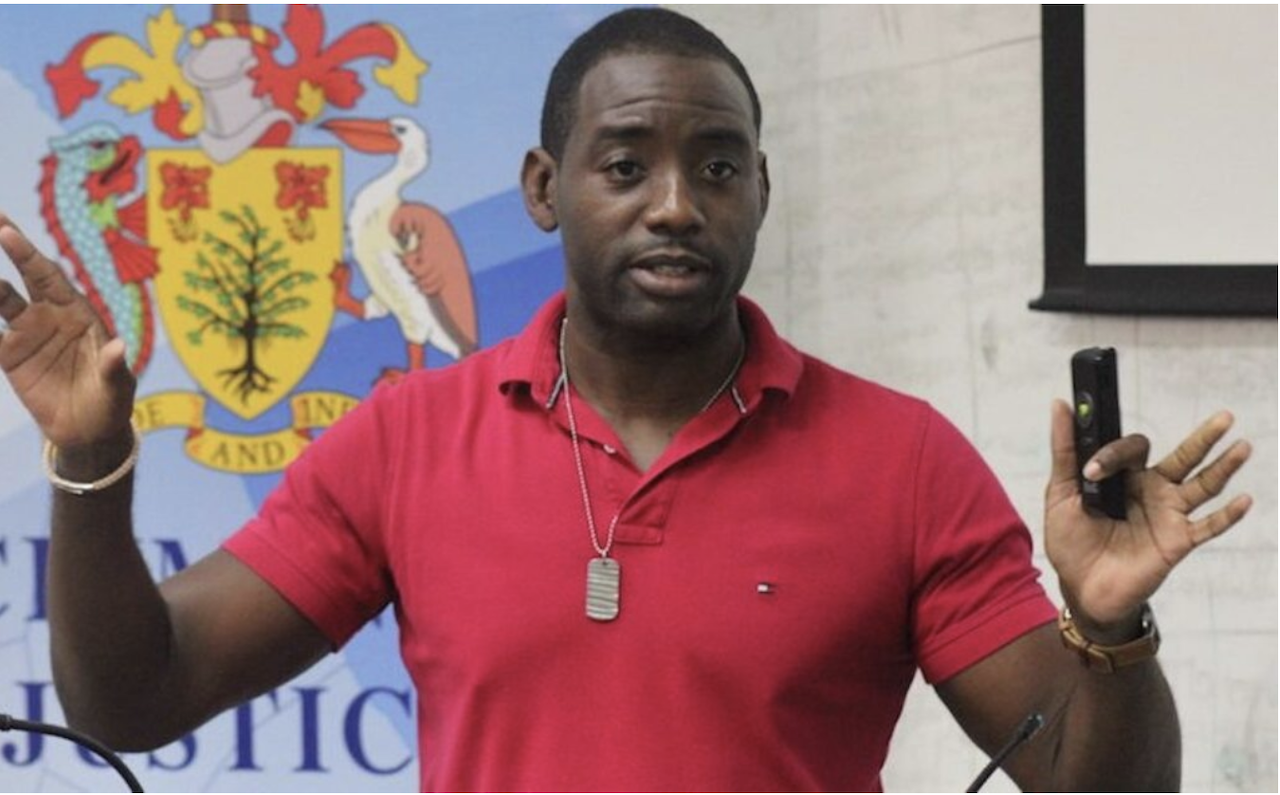A recent study conducted by Professor Dwayne Devonish of the University of the West Indies at Cave Hill has revealed that Barbados is not yet fully prepared to implement its newly enacted Child Justice Act. Despite significant progress in developing a child-centred justice system, the country faces substantial hurdles in operational readiness. The report, exclusively obtained by Barbados TODAY, highlights that resource limitations, infrastructural deficiencies, and insufficient institutional coordination are major barriers to the Act’s full implementation. The research evaluated operational capacity, legal clarity, and organisational preparedness within the child protection and justice sectors. While the law’s intent—focusing on rehabilitation, diversion, and safeguarding children’s rights—aligns with international standards, the necessary support systems and resources lag behind. Key challenges include inadequate staffing levels, insufficient child-friendly facilities for interviews and rehabilitation, and weak information-sharing systems. To address these issues, the study proposes the establishment of a Child Justice Steering Committee to oversee national coordination and progress. Additionally, it recommends regulatory clarifications, targeted recruitment and training, and investment in suitable infrastructure. The report also advocates for a shared electronic information system to enhance data exchange and case monitoring. Strengthening inter-agency protocols and public awareness campaigns are further emphasized to ensure the Act’s success. While Barbados has laid a strong legislative foundation, the study underscores the need for enhanced implementation infrastructure, capacity building, and leadership. A structured monitoring and evaluation framework, coupled with dedicated funding, is essential to transform the nation’s approach to youth justice, prioritizing rehabilitation and child protection.
